Projects
Praxis in Progress: Ideas Seeking Allies
At Climate Praxis, we believe that meaningful change grows from bold ideas grounded in local realities. Below are some project concepts we are actively developing, each designed to catalyse impact at the intersection of climate action, social equity, systems thinking, and innovation.
We are seeking collaborators, funders, and field partners to co-create, pilot, and scale these initiatives.
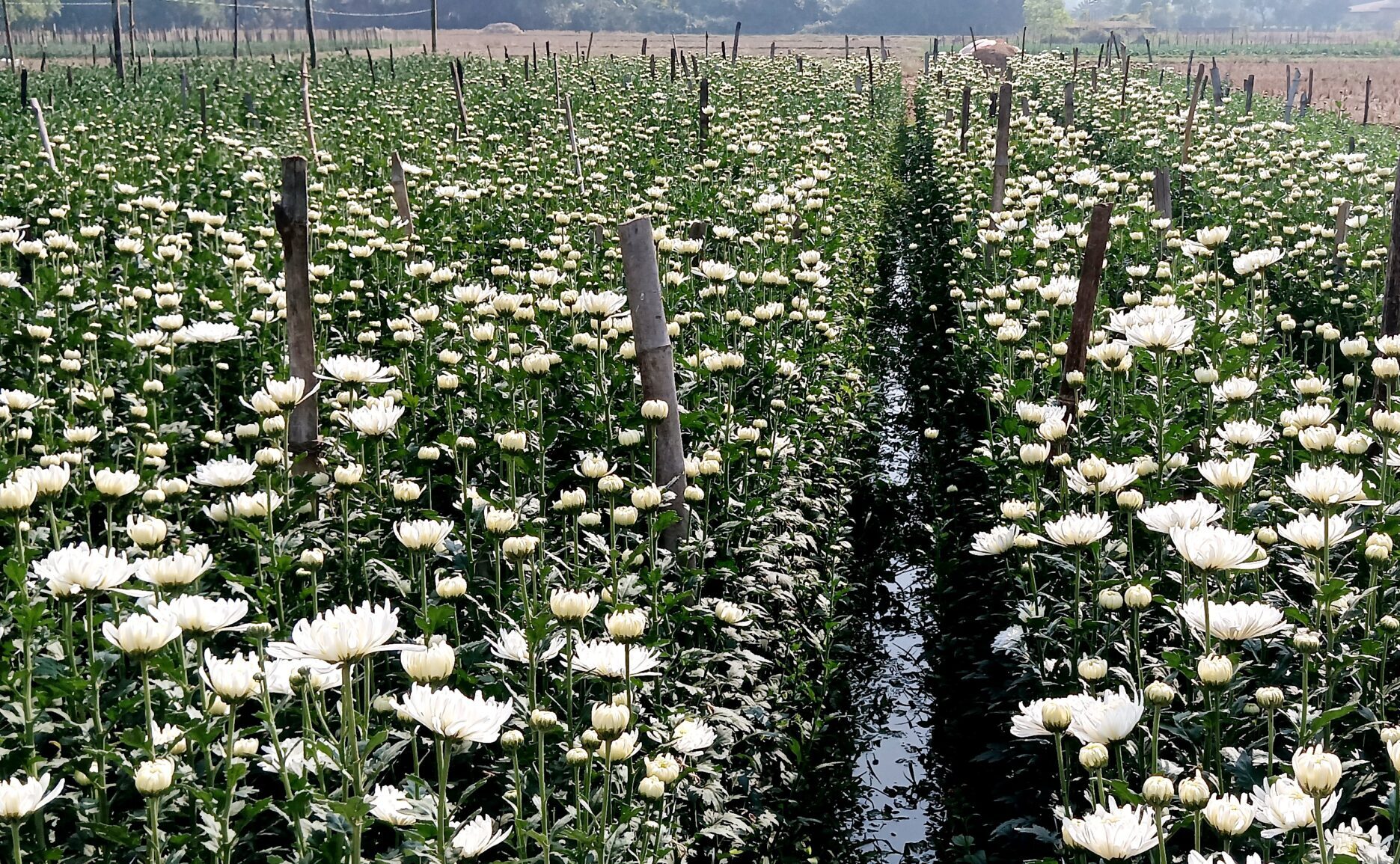
From Bloom to Biochar: A Circular Approach for Floriculture
This initiative is designed to support Dibakar, Gour, Dipak and 350 other marginal smallholder farmers in rural Bengal, in transitioning toward a circular floriculture ecosystem. By integrating biochar and clean energy, the project aims to transform floral waste into a resource, improving soil health, reducing emissions, and enhancing livelihoods. Through technology demonstrations, capacity building, and micro-entrepreneurship, farmers are empowered to co-create regenerative, climate-resilient farming ecosystems.
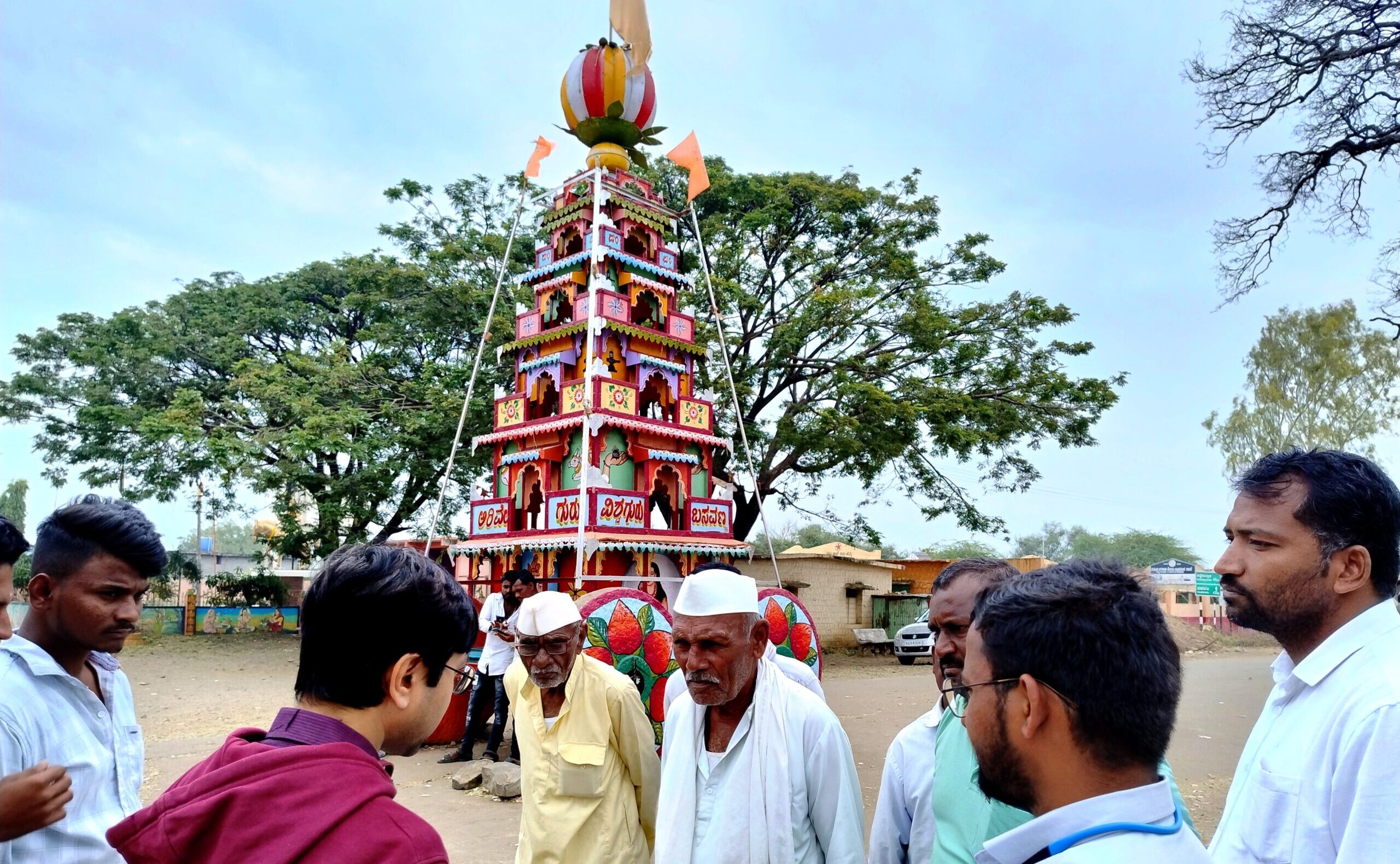
Regenerating the Dying Aquifer in Aland Taluk
In Aland Taluk (Kalaburagi District, Karnataka), severe water scarcity and groundwater decline have limited farming to single crops, reducing yields and increasing vulnerability for smallholders like Dharam Raya of Annur Village. This initiative adopts a landscape-based regenerative approach to revive groundwater through hilltop revegetation, mid-slope treatments, and innovative recharge technologies. By restoring the terrain’s natural water cycle, the project aims to build long-term water resilience, rejuvenate ecosystems, and improve livelihoods in drought-prone communities.
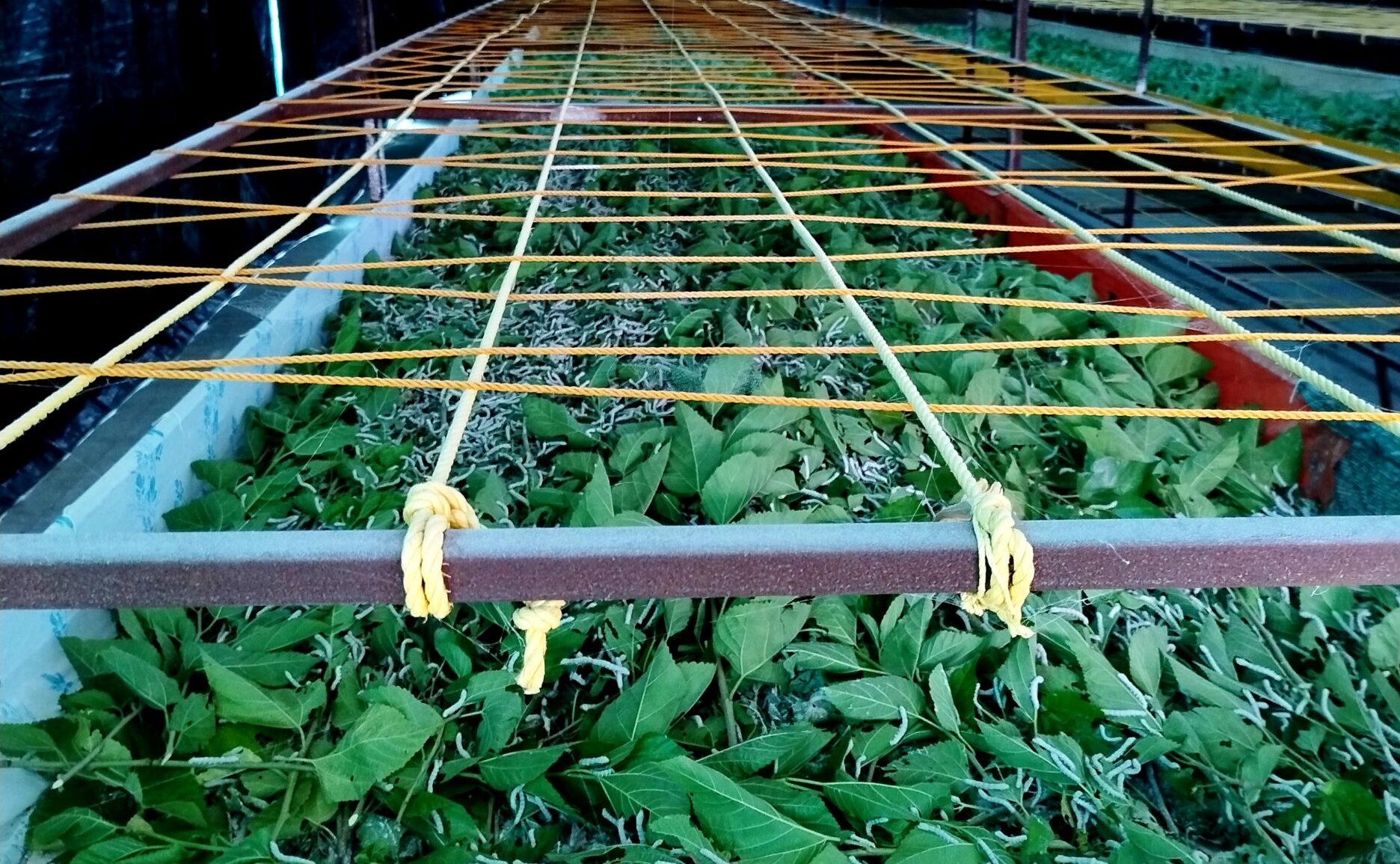
Advancing an Inclusive Sericulture Value Chain in Kalaburagi
This initiative aims to revitalise and democratise sericulture in Kalaburagi, by enabling the active participation of small and marginal farmers, especially women, through a collaborative, climate-resilient value chain approach. As a women-dominated value chain, sericulture presents a unique opportunity to advance both livelihood security and gender equity. This transformation is anchored in a phased, multi-tiered strategy—beginning with the demonstration of water-efficient precision agriculture for mulberry cultivation, advancing through the development of community-based silk rearing houses, and progressing toward the establishment of solar-powered silk reeling centers.
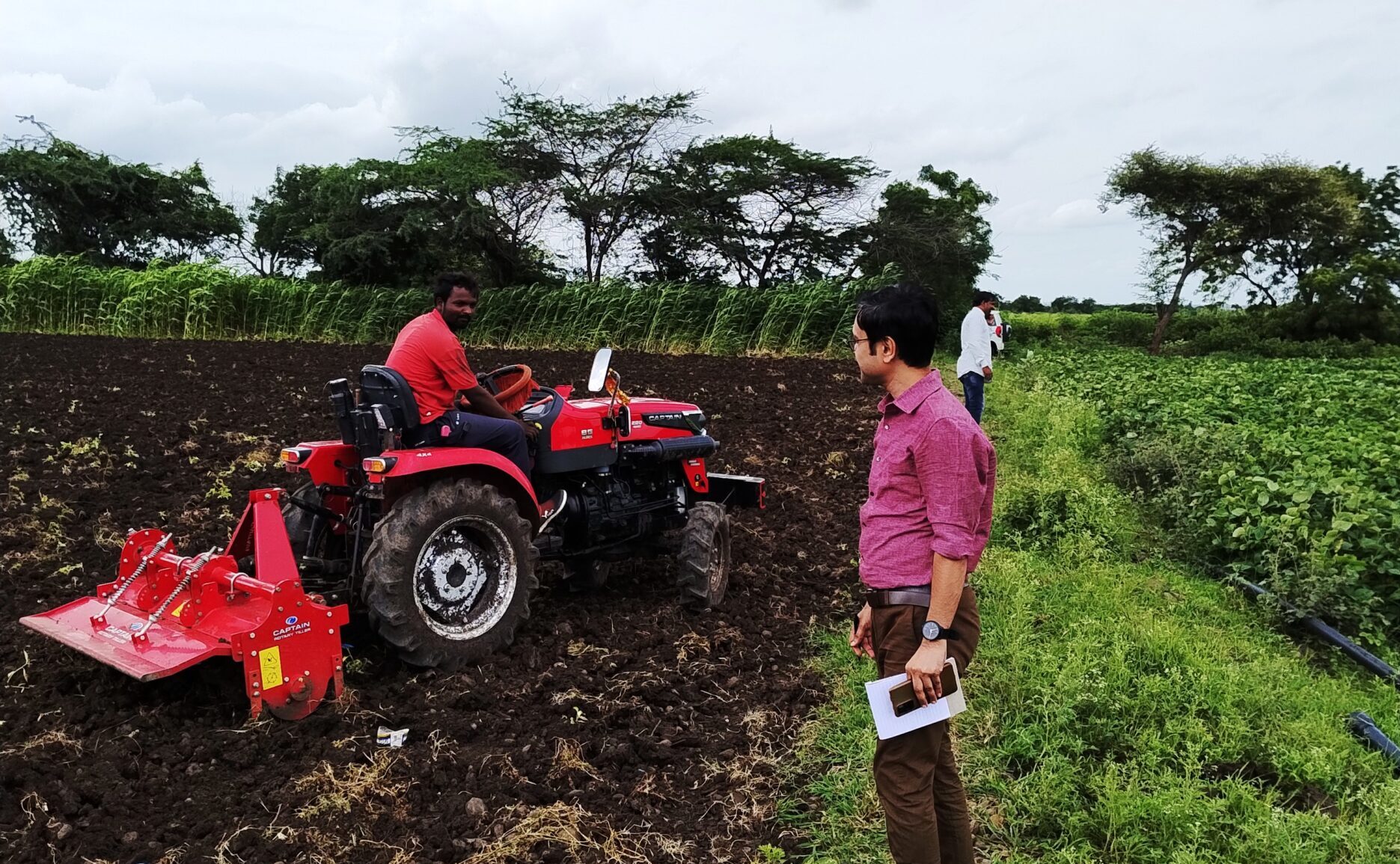
Reclaiming Commons and Farmlands through Nature-Based Regeneration
This initiative aims to restore degraded agricultural and common lands in Aland Taluk by transforming the challenge of invasive species into an opportunity for regeneration. Widespread degradation—driven by overgrazing, firewood collection, encroachment, and wildfires—has turned forests and commons into barren grasslands. Invasive plants like Senna and Lantana camara now dominate these landscapes, threatening biodiversity and soil health. To address this, the initiative engages local communities to remove invasive species, convert the resulting biomass into biochar, and restore ecosystems through native agroforestry systems. This integrated approach helps reclaim ecological function while creating pathways for sustainable livelihoods.
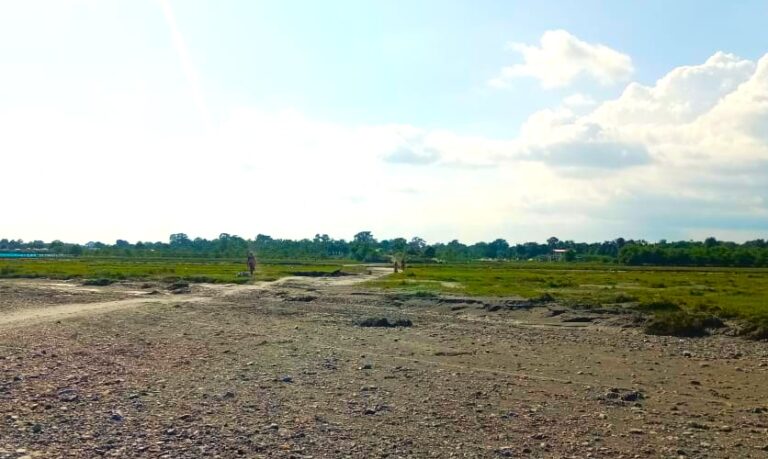
Resilient Farms, Restored Soils: Climate-Smart Agriculture for Alipurduar
This project pilots a farmer-led biochar and sustainable water management initiative across selected paddy fields in Alipurduar II Block, West Bengal. Farmers in this region face climate variability, soil degradation, and human–wildlife conflict due to proximity to forests. Engaging around 150 farmers, the project aims to eliminate crop residue burning by promoting biomass use for biochar, reduce irrigation demand through Alternate Wetting and Drying (AWD), restore soil health, and strengthen climate resilience. Complementary interventions include agroforestry, solar-powered fencing, and farmer capacity building.
Praxis in Action: Ideas That Took Root
These initiatives have moved from concept to implementation — piloted with communities, shaped by field insights, and positioned for scale. Each reflects our commitment to action that is inclusive, adaptive, and grounded in local wisdom.
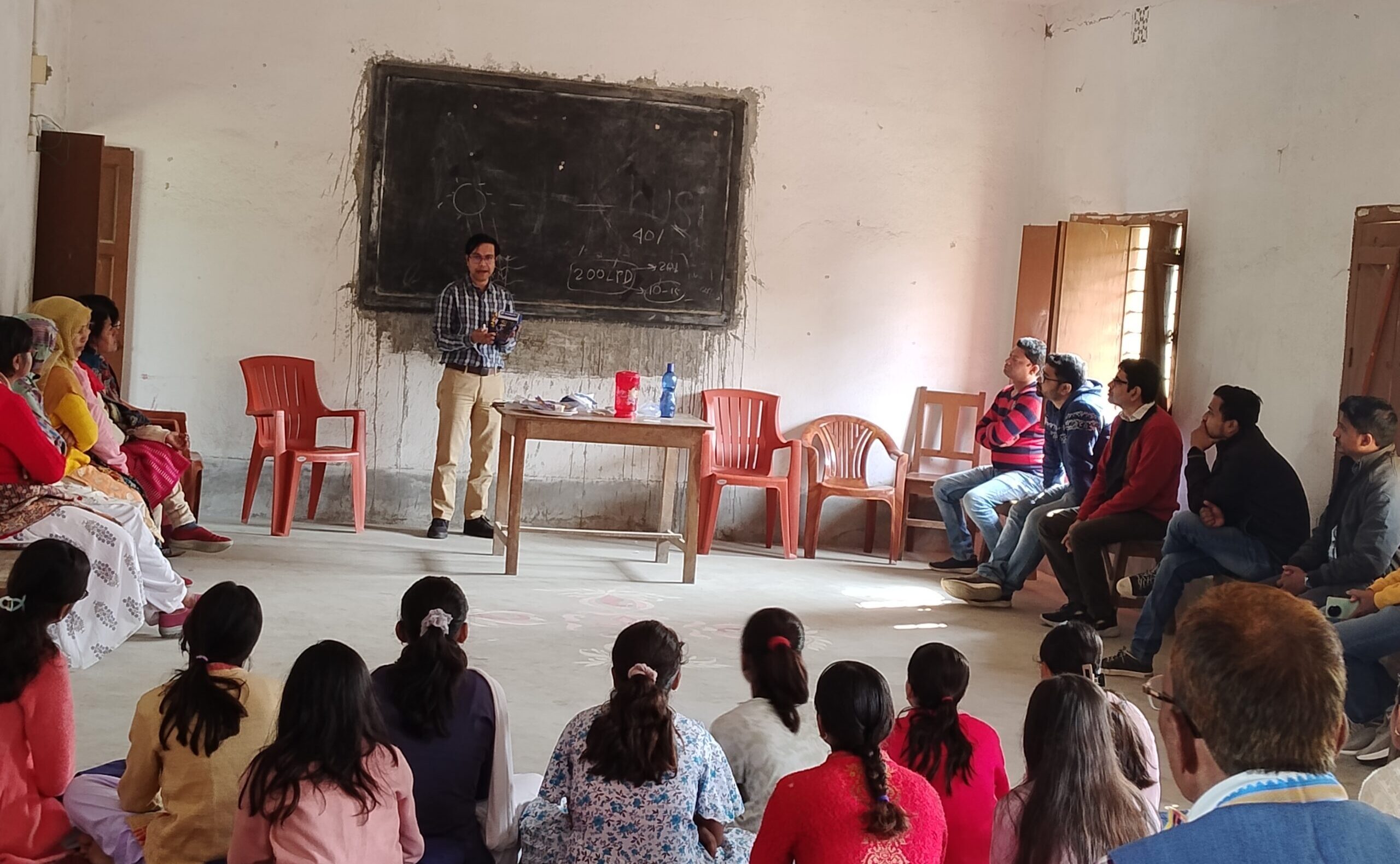
Sensitising and Building Climate Awareness Among Rural Vernacular Students in Malda, West Bengal
This initiative engaged and equipped students from Sovnagar High School and Mirjatpur NB High School in Malda, West Bengal, through a three-day training program that offered a comprehensive understanding of climate change in Bengali, grounded in their local realities and everyday experiences. With a focus on practical, activity based learning and a curriculum delivered in the local vernacular, the program made climate education more accessible and relevant particularly for students from farming backgrounds. Crucially, the initiative also exposed students to emerging opportunities in the green jobs sector, expanding their aspirations beyond traditional academic and career pathways.
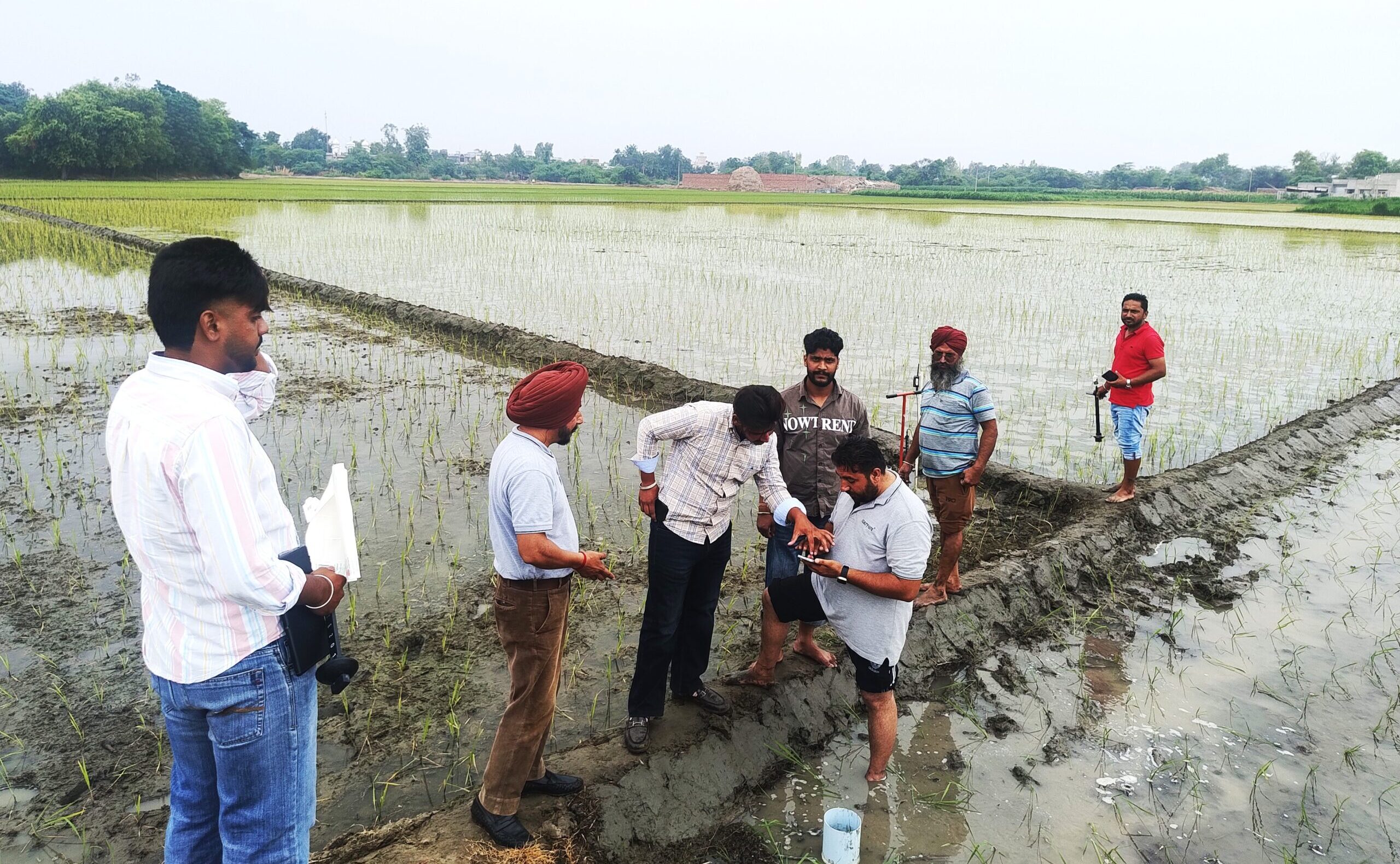
From Innovation to Impact: Scaling Sustainable Water Solutions Across Urban and Rural Communities
Climate Praxis provided consulting and project management services to Villgro Innovations Foundation for one of its flagship programs focused on addressing systemic water challenges through innovation led social enterprises and market based approaches Through targeted pilot deployments, the program seeks to improve municipal water supply and distribution in two towns in Andhra Pradesh and Punjab, demonstrate water recycling and reuse in infrastructure projects in Karnataka, and reduce irrigation water consumption among farmers in Punjab and Rajasthan. The program targets saving 6 billion litres of water and positively impacting over 1,200 farmers. The initiative is currently under execution.
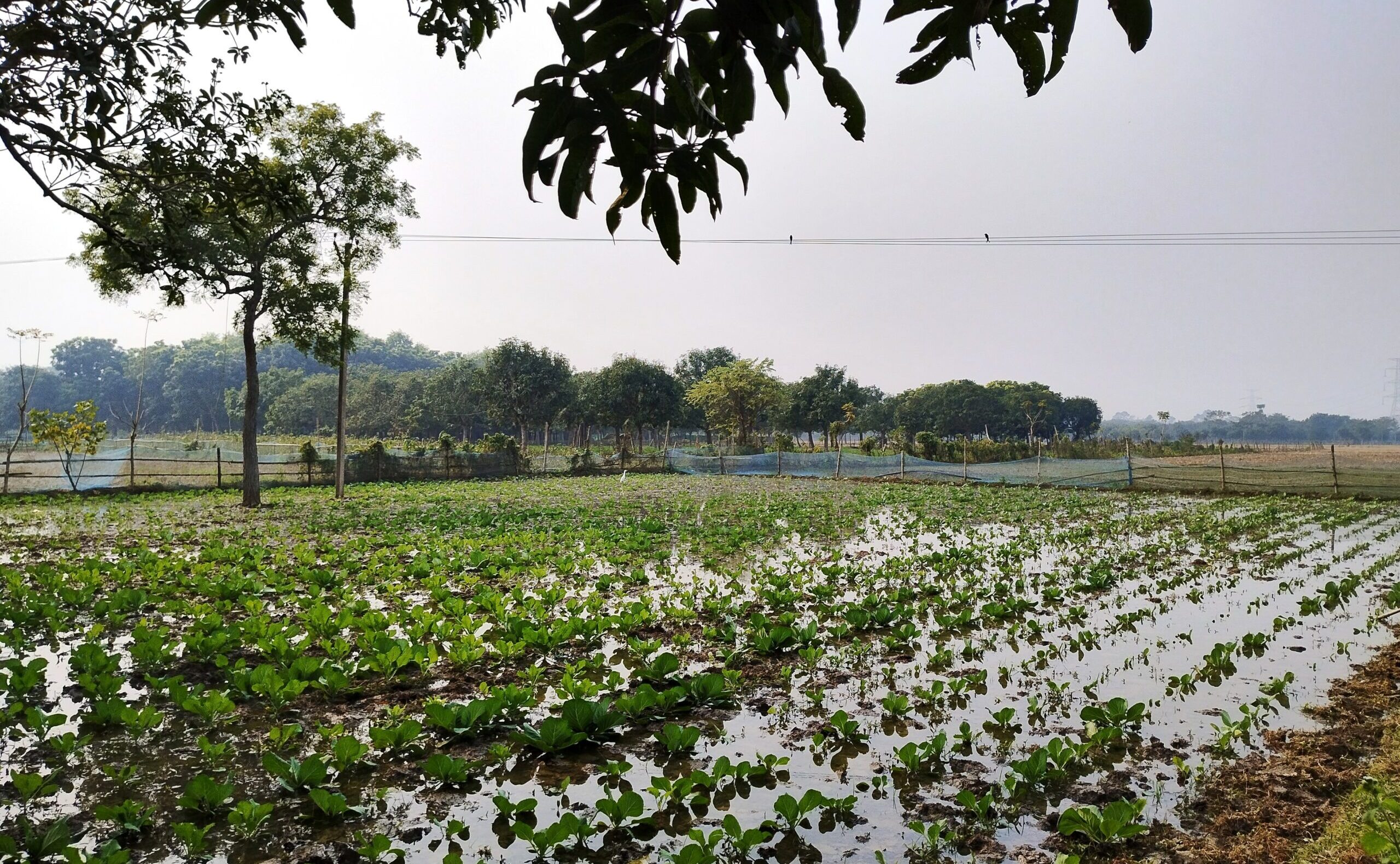
Piloting Food Forestry in the drought-prone region of Northern Parts of Karnataka
Climate Praxis partnered with Samata Lok Shikshan Samiti to pilot a Food Forestry model in the drought-prone village of Sarasamba, Aland Taluk (Kalaburagi District, Karnataka). The initiative introduces multi-layered cropping, organic inputs, and water efficient practices, such as drip irrigation, farm ponds, and half-moon terraces to promote sustainable agriculture. Designed as a demonstration site, the model enhances soil health, biodiversity, and livelihood resilience for smallholder farmers. It also serves as a learning hub for farmers and generate locally owned evidence that can guide scale-up across other drought-prone blocks in Kalaburagi.
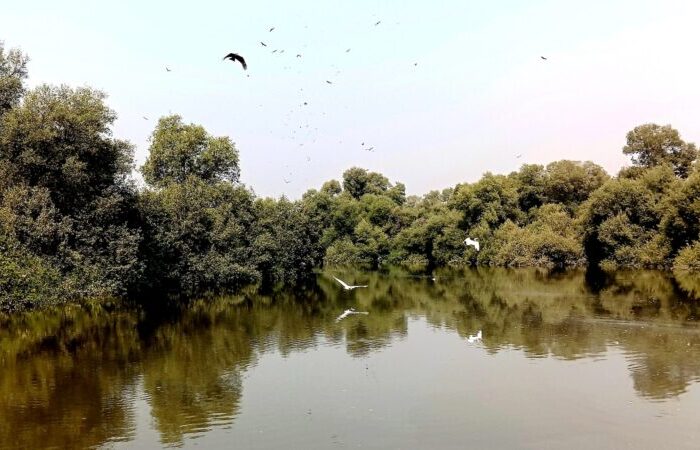
Consultancy & On-ground Implementation Support for the Mumbai Mangrove Restoration Project
Climate Praxis provided consultancy, research, and project management support for the Mumbai Mangrove Restoration Project, which aims to clean 150 tons of plastic from Thane Creek’s mudflats, part of the Central Asian Flyway (CAF) and plant 375,000 mangroves across 150 hectares along the coastline of Gujarat. Our role included developing the technical and financial model, engaging stakeholders, supporting monitoring and reporting, and contributing to research and scale-up planning to strengthen mangrove and mudflat conservation across the Mumbai Basin.
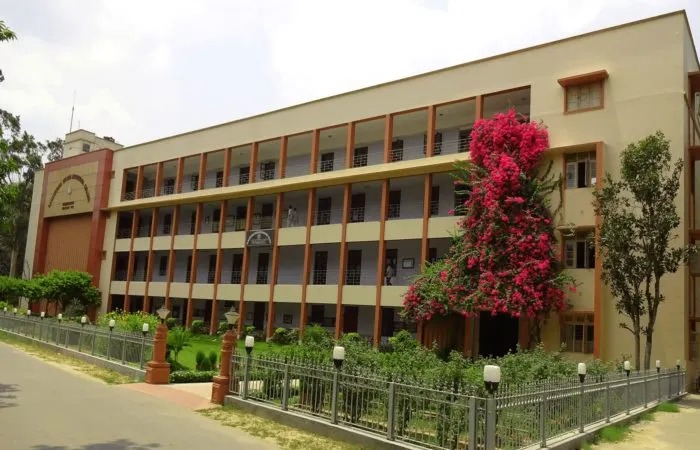
Sustainable Energy and Its Prospects – Workshop for Postgraduate Students at Ramakrishna Mission Residential College, Narendrapur, WB
Climate Praxis designed and delivered a structured online workshop for Post Graduate students at Ramakrishna Mission Residential College. The program focused on providing students with an in-depth understanding of sustainable energy, insights into emerging energy technologies, and exploration of career opportunities in the sector. Included an interactive feedback segment to assess student engagement and learning outcomes. Participants were awarded jointly issued digital certificates from Ramakrishna Mission and Climate Praxis, duly signed by authorized representatives.
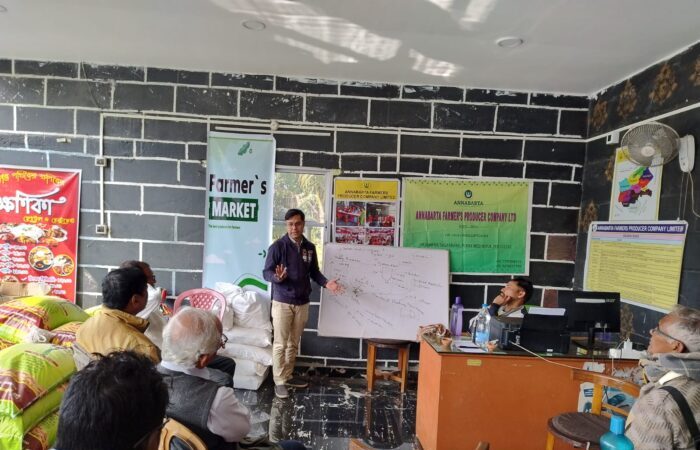
Biochar Production and Application – Capacity Building for a Farmer Producer Company and Stakeholders in East Midnapore, WB
We designed and conducted a capacity building programme for stakeholders of Annabarta Farmer Producer Company (FPC) in East Midnapore district, West Bengal. The initiative focused on a unique circularity project in which the FPC operates a biochar production unit that processes locally sourced floriculture crop residue into biochar. The programme highlighted the benefits of biochar application for improving soil health, enhancing water retention, and boosting crop yields. Participants included FPC advisors, local farmers, potential donors, and former officials from the agricultural department.
